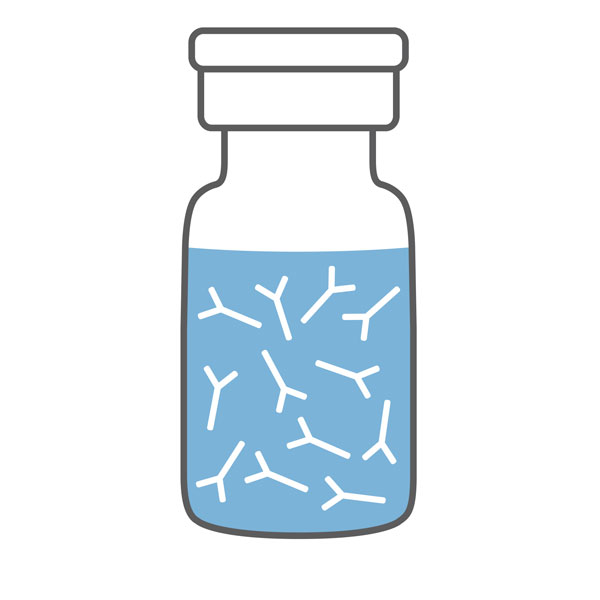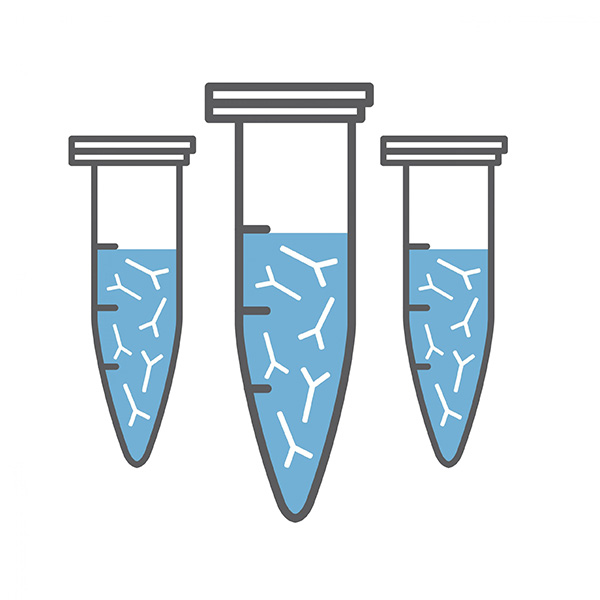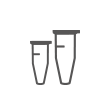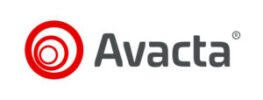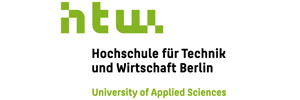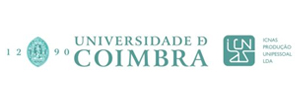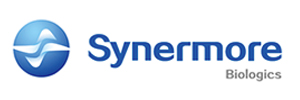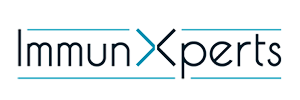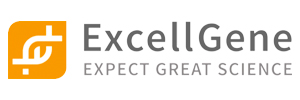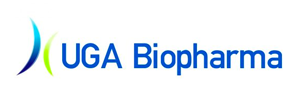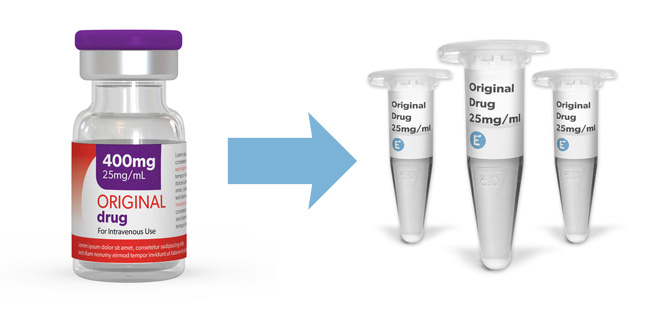| Drug name | Darzalex® |
| INN | Daratumumab
|
| API type | Daratumumab is a human monoclonal IgG1κ antibody against CD38 antigen, produced in a mammalian cell line (Chinese Hamster Ovary [CHO]) using recombinant DNA technology
|
Pharmacotherapeutic group
| Antineoplastic agents,
monoclonal antibodies |
ATC code
| L01XC24 |
Target of antibody
| CD38; Synonyms: T10, Cd38-rs1, cd38, ADPRC 1, cADPr hydrolase 1
|
| General function | |
| Short description | |
Pharmacodynamic properties
(Mechanism of action; Source EMA document)
| Daratumumab is an IgG1κ human monoclonal antibody (mAb) that binds to the CD38 protein expressed at a high level on the surface of multiple myeloma tumour cells, as well as other cell types and tissues at various levels. CD38 protein has multiple functions such as receptor mediated adhesion, signalling and enzymatic activity.
Daratumumab has been shown to potently inhibit the in vivo growth of CD38-expressing tumour cells. Based on in vitro studies, daratumumab may utilize multiple effector functions, resulting in immune mediated tumour cell death. These studies suggest that daratumumab can induce tumour cell lysis through complement-dependent cytotoxicity, antibody-dependent cell-mediated cytotoxicity, and antibody-dependent cellular phagocytosis in malignancies expressing CD38. A subset of myeloid derived suppressor cells (CD38+MDSCs), regulatory T cells (CD38+Tregs) and B cells (CD38+Bregs) are susceptible to daratumumab mediated cell lysis.
Daratumumab induced apoptosis in vitro after Fc mediated cross-linking. In addition, daratumumab modulated CD38 enzymatic activity, inhibiting the cyclase enzyme activity and stimulating the hydrolase activity. The significance of these in vitro effects in a clinical setting, and the implications on tumour growth, are not well-understood |
| Pharmacodynamic properties (Pharmacodynamic effects; Source EMA document) | Natural killer (NK) cell and T-cell count
NK cells are known to express high levels of CD38 and are susceptible to daratumumab mediated cell lysis. Decreases in absolute counts and percentages of total NK cells (CD16+CD56+) and activated (CD16+CD56dim) NK cells in peripheral whole blood and bone marrow were observed with daratumumab treatment. However, baseline levels of NK cells or kinetics of NK cell decrease did not show an association with clinical response.
T cells (CD3+, CD4+, and CD8+) are also known to express CD38 depending on the stage of development and the level of activation. Significant increases in CD4+ and CD8+ T cell absolute counts, and percentages of lymphocytes, were observed with daratumumab treatment in peripheral whole blood and bone marrow. In addition, T-cell receptor DNA sequencing verified that T-cell clonality was increased with daratumumab treatment, indicating immune modulatory effects that may contribute to clinical response. |
Original license holder
| |
Marketing authorisation numbers
| EU/1/16/1101/001 - 002
|
Marketing authorisation holder
| Janssen-Cilag International NV
Turnhoutseweg 30
B-2340 Beerse
Belgium |
Name of the manufacturer of the biological active substance
| Biogen Inc.
5000 Davis Drive
Research Triangle Park
North Carolina
27709
United States
Janssen Biologics Ireland
Barnahely
Ringaskiddy, Co. Cork
Ireland
|
| Name and address of the manufacturer(s) responsible for batch release | Janssen Biologics B.V.
Einsteinweg 101
NL-2333 CB Leiden
The Netherlands |
Max shelf life
| 18 months
|
Storage conditions
| 2°C – 8°C
|
List of excipients
| Glacial acetic acid
Mannitol (E421)
Polysorbate 20
Sodium acetate trihydrate
Sodium chloride
Water for injections |
| |
| |

